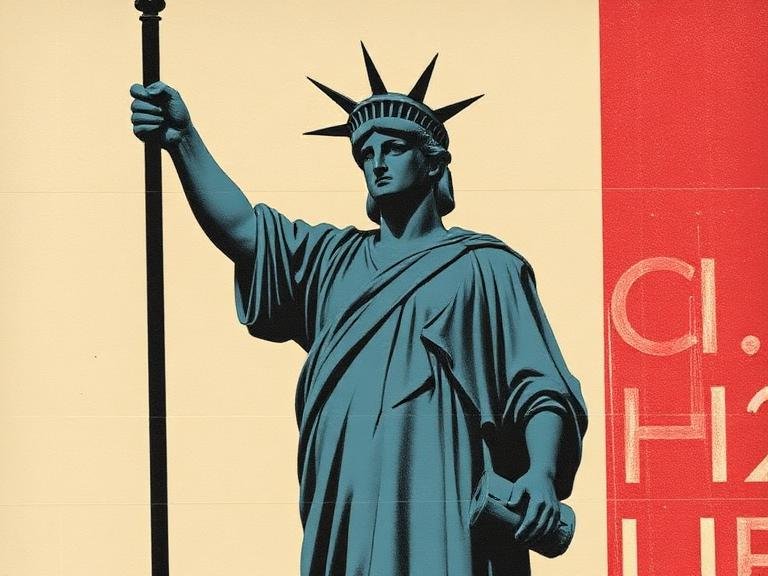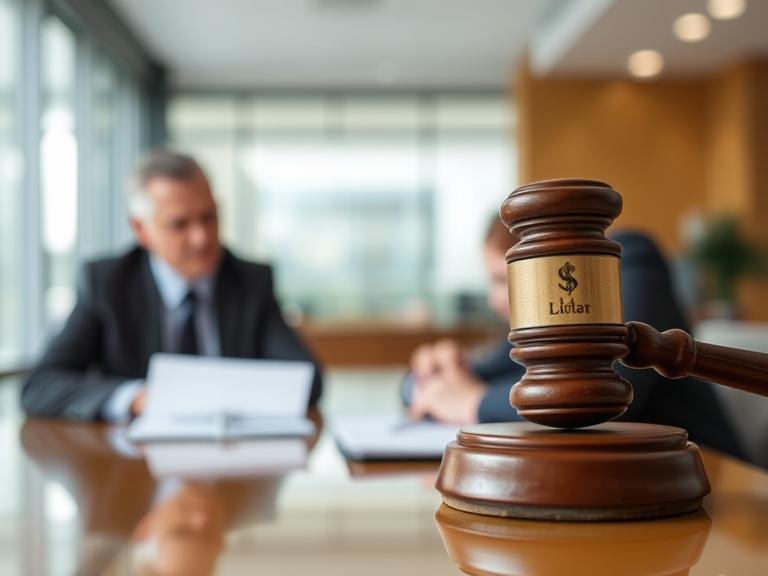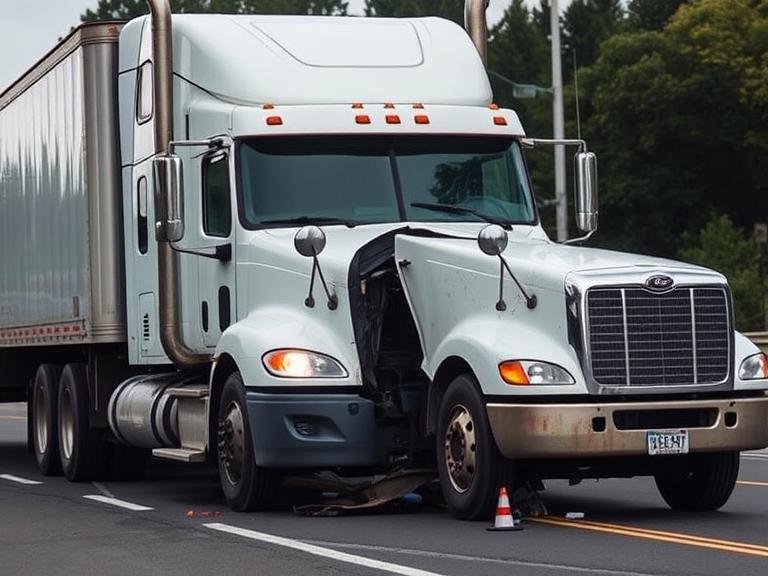Police misconduct encapsulates a wide range of actions, from excessive use of force and unlawful searches to discriminatory practices like racial profiling or false arrests. Most importantly, such actions often infringe upon the basic civil liberties that underpin a just society. Knowing when law enforcement officers cross these boundaries is vital, whether you are directly affected or observe such incidents in your community. If you are uncertain about your legal options after experiencing a rights violation, consulting a police misconduct lawyer can provide guidance tailored to your specific situation.
Recognizing misconduct is the initial safeguard for protecting yourself and others. Common indicators include persistent verbal abuse, unwarranted searches without probable cause, or aggressive interactions in the absence of clear justification. Understanding these patterns enables individuals to take thoughtful and appropriate next steps.
Legal Framework and Your Rights
The legal framework set by the U.S. Constitution provides individuals with significant protections against abuses of power. The Fourth Amendment prohibits unreasonable searches and seizures, while the Fourteenth Amendment guarantees equal protection of the laws and due process under the law. Knowing these rights not only increases individual safety in the moment but also strengthens the ability to hold law enforcement accountable.
Empowerment begins with understanding. Ensure you are familiar with your state’s statutes and local ordinances regarding police conduct, as these can influence investigative and complaint procedures. If stopped or questioned, calmly ask if you are free to leave, and try to remain composed and non-confrontational while asserting your rights.

Documenting Incidents Effectively
Proper documentation is crucial for substantiating any claim of police misconduct. The details you collect may form the foundation for future investigations or legal action. Immediately following an incident, write down the date, time, and exact location. Record the names, badge numbers, and any patrol car identifiers. Gather the contact information of witnesses willing to corroborate the event and preserve any relevant physical evidence, such as photographs, audio recordings, or video footage.
If you are recording, ensure your actions comply with state laws concerning the recording of public officials. Many states permit recording police in public, as long as it does not interfere with law enforcement activity. Secure backups of digital evidence in multiple locations to prevent accidental loss.
Reporting Misconduct
After documenting the incident, it’s imperative to follow official channels to report police misconduct. Start with the internal affairs division of the law enforcement agency involved. Many police departments have forms and processes for filing complaints, and it’s essential to keep a copy of everything you submit for your records. In cities with civilian oversight boards or independent commissions, you can also direct complaints there for an additional layer of public scrutiny.
Civil rights organizations, such as the American Civil Liberties Union (ACLU), provide additional resources and may intervene on your behalf. Prompt reporting can prompt investigations and, in some cases, disciplinary measures, helping to disrupt patterns of abuse.
Legal Recourse and Civil Lawsuits
Victims whose rights have been violated by police may pursue civil litigation, often seeking compensation for damages and sometimes advocating for reforms. In the past, the doctrine of qualified immunity has made it more difficult to hold officers accountable in civil court.
Seeking legal representation is strongly recommended to navigate complex statutes and court procedures. A knowledgeable attorney can evaluate the facts, explain your legal options, and support you throughout the process.
Recent Developments in Police Accountability
As calls for reform gain momentum, numerous jurisdictions are enacting meaningful changes. For example, the New York City Council passed legislation curbing qualified immunity, which has historically shielded officers from personal liability. This movement reflects a nationwide trend that encourages transparency and public accountability. With greater attention to police practices and expanded access to disciplinary records, new precedents emerge for protecting civil liberties and fostering community trust.
It is essential to stay informed about local and federal developments, as laws and policies continually evolve in response to public advocacy and legal challenges.
Community Engagement and Advocacy
Transformative change relies on collective effort. By participating in local council meetings, supporting organizations that champion criminal justice reform, or raising awareness of issues through social media, individuals contribute to systemic progress. Community oversight of law enforcement fosters accountability and encourages law enforcement agencies to operate transparently while providing an avenue for marginalized voices to be heard.
Collaboration with advocacy groups and active participation in policy reform efforts empower ordinary citizens to make a substantial difference in their communities and beyond.
Final Thoughts
Civil liberties are the lifeblood of democracy, and preserving those rights requires awareness, action, and advocacy. By understanding how to recognize and respond to police misconduct, effectively documenting and reporting violations, and staying informed about evolving policies, individuals can promote accountability and help ensure justice for all. Engaged communities are best positioned to demand reforms and foster relationships built on trust and mutual respect.




